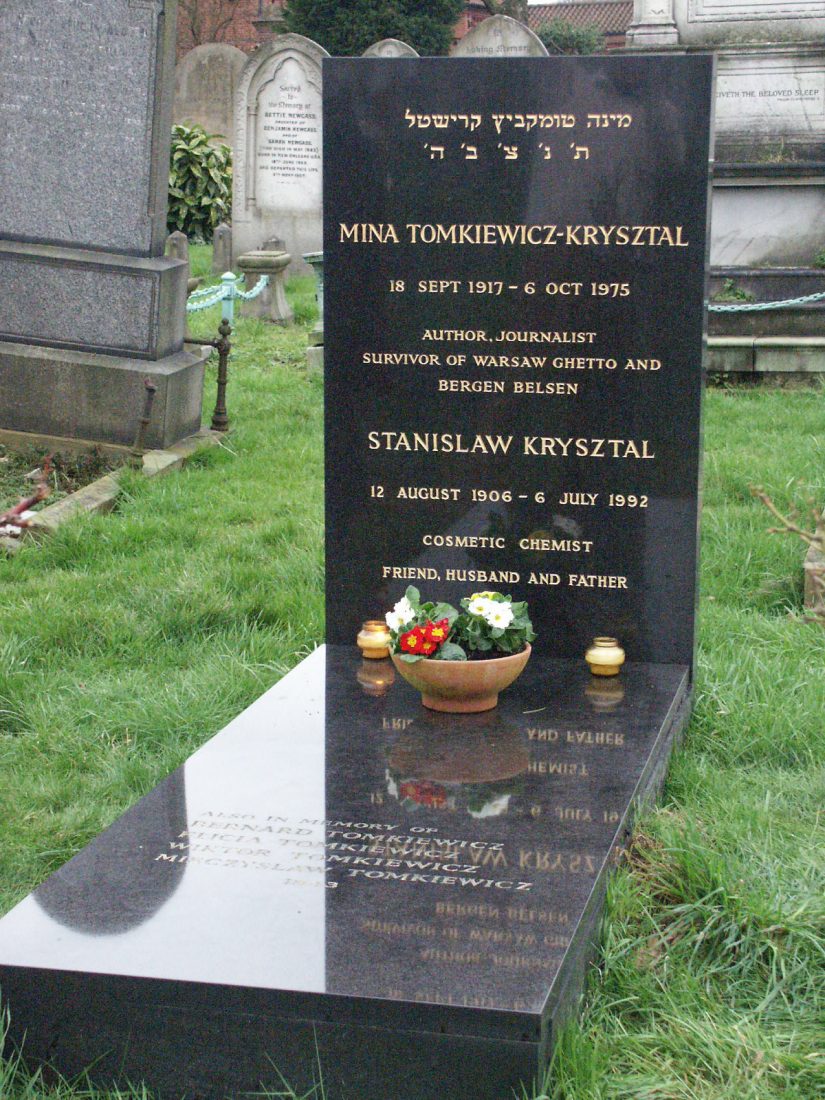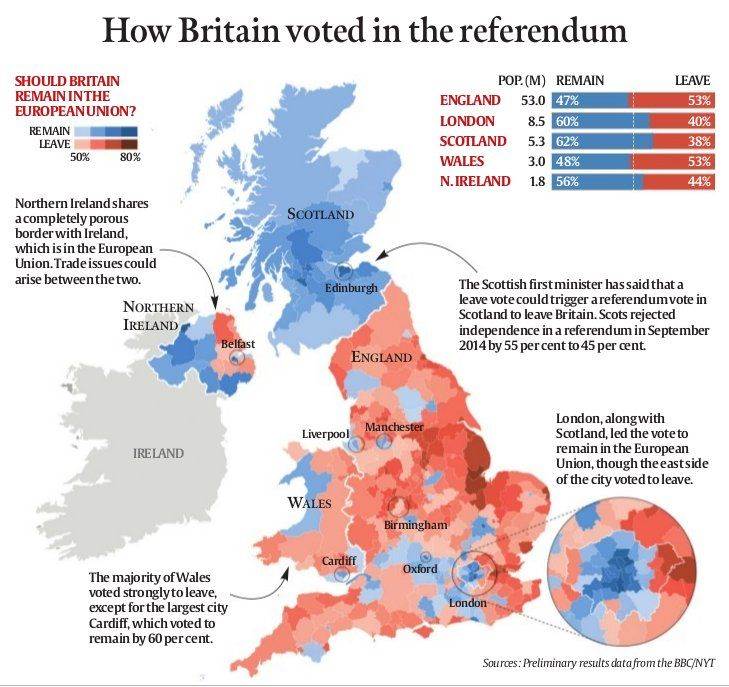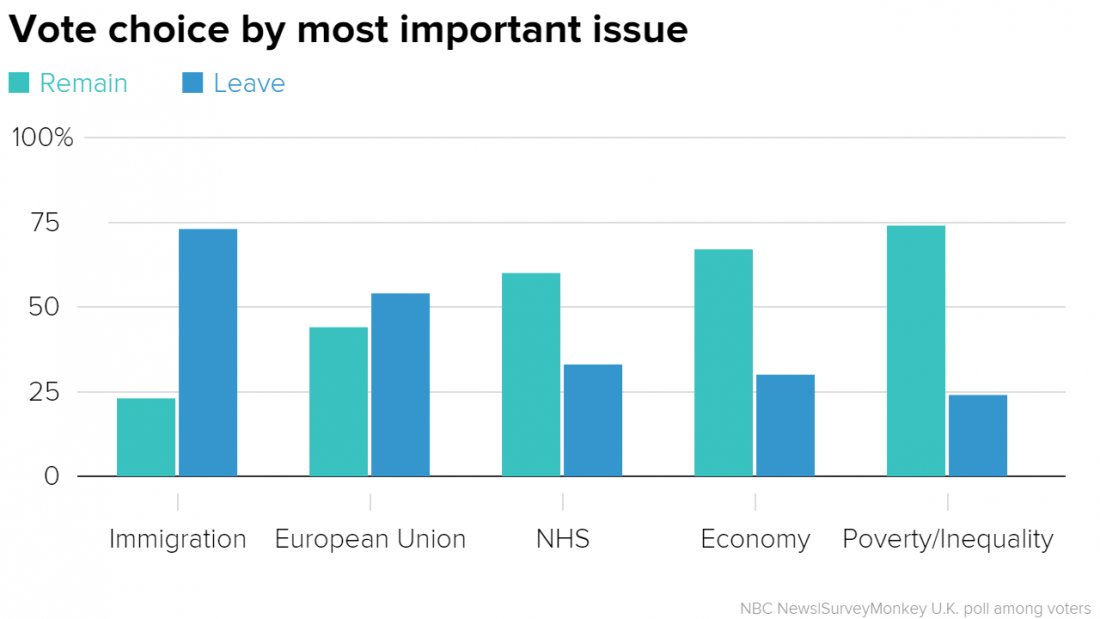

Family grave in Golders Green Jewish Cemetery
I’m going to try to connect my personal history (August 2) and the pieces of my family history that I gleaned from my recent travels with the global refugee issues.
Above is my mother’s grave in London’s Golders Green Jewish cemetery. She passed away on October 1975. My mother’s body and my stepfather’s ashes are buried there, but it was my mother’s wish to make her grave a monument to fallen family members. The front of the gravestone features her name and that of her second husband, while the base (on the left) shows a list – including my father, my uncle and my grandparents on my mother’s side – of those murdered as a consequence of deportation from the Warsaw Ghetto after the ghetto uprising. My other uncle, who survived the war and passed away in Paris in 2003, was added to the list after his death.
My stepfather immigrated to England before the war and had a successful career as a cosmetic chemist at Gala/Mary Quant Cosmetics. My mother moved to England from Israel after marrying him and lived her last years there. I visit Britain often and regard it as a second home.
By chance, it happened that our visit this time came 5 days after the 52-48% Brexit vote to leave the European Union.
Figure 1 shows the geographical distribution of the vote, while Figure 2 looks at some of the main deciding factors.
 Figure 1 – The geographic distribution of the Brexit vote
Figure 1 – The geographic distribution of the Brexit vote
 Figure 2 – The main issues in the Brexit vote
Figure 2 – The main issues in the Brexit vote
Unsurprisingly, the dominant issue in the vote to leave was immigration. The people of Great Britain wanted to control their borders and blamed the European Union (EU) bureaucracy for the “flood” of immigrants and the perceived insecurity that it entails.
The vote itself was an example of the dangers of “direct” democracy as opposed to representative democracy. In a representative democracy you vote for people whom you assume are qualified to govern, while in a direct democracy you vote for individual policies – even if you know very little about them.
In direct democracies you can lie with very few consequences. Obviously, you can also lie in a representative democracy but there are bigger consequences once you are caught. The main lie that helped bring about the Brexit referendum was that you can stop immigration from other EU countries without also losing market access.
Imagine that just before the American Civil War the southern states had voted for “Soxit” (Southern Exit). In a sense, South Carolina did just that. Congress wanted to send the army to squash the “rebellion.” The southern members of congress made that choice easy by leaving the chambers and not taking part in the vote. The situation started to deteriorate quickly, resulting in a bloody civil war where 620,000 lives were lost out of a population of 30 million. (To give some perspective, the present US population exceeds 300 million).
The promises of the Brexit faction were “simple” (as they almost always are with direct democracies): If we leave – we can control our borders. The money that we now pay to the EU will be redirected to the National Health Service (NHS). The subsidies that the EU is paying needed constituencies of the British economy will continue. We will be able to negotiate access to markets that will be as good as the one that we have now.
Clearly, these were convincing arguments and the British voted to get out.
Now – what happened?
Up to now, the most important post-Brexit indicator has been political chaos:
- The Prime Minister, David Cameron, resigned and was replaced by Theresa May, a “stay” supporter.
- The new Chancellor, Philip Hammond, is also a “stay” supporter.
The two ministers directly in charge of negotiating the exit from the EU – Boris Johnson and David Davis – are Brexit supporters, but as of yet, they have not said much of anything.
- The Labor leader, Jeremy Corbyn, was a very silent “stay” supporter and is now facing strong opposition seeking to replace him.
- Nigel Farage, the leader of the British Independent Party who was at the forefront of the “leave” campaign, resigned after admitting that the options that he had presented to the voters before the vote were not exactly realistic.
- Negotiating terms of the separation from the EU can only take place once the official notification of exit is delivered. That is expected to happen by the end of the year, after which the UK will have a deadline of two years to actually leave.
- The possibility of a revote has been mentioned but not seriously pursued.
Up to now the economic ramifications have been minimal:
- Depreciation of the Pound by around 13% (From 1.5$/£ – 1.3$/£)
- Real Estate (http://bloom.bg/2b9ayvx):
- Separately, Acadata and LSL Property Services said house prices rose just 0.2 percent in July, slowing the annual growth rate to 5.5 percent from as high as 8.9 percent in February. They also reported that transaction volumes are down by 20 percent compared with the second quarter of 2015.
- The stock market is at an all-time high
- The UK economy contracted by 0.2% in the month after Brexit.
According to BBC, there are several realistic outcomes for a negotiated settlement with the other EU members:
- The Norway model: Member of European Economic Area, full access to single market, obliged to make a financial contribution and accept majority of EU laws, free movement applies as it does in the EU
- The Switzerland model: Member of the European Free Trade Association but not the EEA, access to EU market governed by series of bilateral agreements, covers some but not all areas of trade, also makes a financial contribution but smaller than Norway’s, doesn’t have a general duty to apply EU laws but does have to implement some EU regulations to enable trade, free movement applies
- The Turkey model: Customs union with the EU, meaning no tariffs or quotas on industrial goods exported to EU countries, has to apply EU’s external tariff on goods imported from outside the EU.
- No special agreement – follow the World Trade Organization rules.
Bloomberg adequately summed up the present sentiment of the rest of the EU:
What are the 27 other EU countries hoping to get out of Brexit talks? Bloomberg reporters put that question to governments across the continent and came away with a web of priorities and red lines that can’t be crossed.
Several countries including Germany, Portugal and the Czech Republic say the U.K. must accept freedom of movement rules in return for single-market access, writes Bloomberg’s Alan Crawford. France may be ready to go even further and link free movement to Britain’s ambition of keeping the so-called passport rights that allow banks to sell services on the continent
Just three EU members—Denmark, Austria and Bulgaria—cited a shared concern with Britain over free movement.
Other highlights from the survey include:
- France and Denmark are concerned with reciprocal access for fishermen to their respective waters
- Spain will press for joint sovereignty over Gibraltar
- Cyprus and Greece want to avoid further damage to the pound, which could keep British tourists away
- Baltic and eastern European states want reassurances about security in the face of Russian aggression
- Malta wants to keep preferential access to British universities for its young people
Does the UK have an immigration issue that justified the Brexit vote?
Here are the key points as summarized by the Migration Observatory (a UK site):
- Between 1993 and 2014 the foreign-born population in the UK more than doubled from 3.8 million to around 8.3 million. During the same period, the number of foreign citizens increased from nearly 2 million to more than 5 million.
(Total population over this period increased from 57.7M to 64.1M) - London has the greatest number of migrants (3.0 million foreign-born people in 2014) among all regions with comparable data in the UK.
- In 2014, the UK population was 13.1% foreign-born (up from 7% in 1993) and 8.5% foreign citizens (up from 4% in 1993).
- Foreign-born people constituted 39% of Inner London’s population in 2013 (the highest share among all regions with comparable data).
- India is the most common country of birth among the foreign-born, but Poland tops the list of foreign citizens in the UK.
The main conclusions: London, which has experienced by far the largest influx of foreign-born, voted overwhelmingly in favor of staying. Also, interestingly, the most common birth country of foreign-born is India, which will not be affected at all by Brexit.
Here are the comparable numbers for immigration to the US:
- Between 1960 and 2013 the foreign-born population in the US increased from 9.7M to 41.3M, with a total population increase from 180.7M in 1960 to 316.5M in 2013.
- In 1960, most (84%) of the foreign-born in the US came from Europe and Canada. In 2013, most of the foreign-born came from Mexico (28%), Other Latin American countries (24%), or Asia (26%). Those from Europe/Canada were a mere 14%.
 Figure 3 – Makeup of immigrants to the US in 1960 and 2013
Figure 3 – Makeup of immigrants to the US in 1960 and 2013
The trends are not that different and, in my opinion, the main issue that drove the Brexit vote is bogus.
The Brexit vote in England is perhaps not so important on its own globally but it is symptomatic of the dangerous tendencies of white nationalists both in Europe and the US to use immigration as a red herring, refocusing governments away from global concerns and toward local fear. In the Anthropocene era, when many of the local issues are governed by global trends, this shift justifies major concern.

Thanks for your helpful article. One other problem is that mesothelioma cancer is generally due to the breathing of fibers from asbestos fiber, which is a extremely dangerous material. It’s commonly seen among workers in the structure industry who have long exposure to asbestos. It is also caused by moving into asbestos protected buildings for years of time, Genetic makeup plays a huge role, and some individuals are more vulnerable for the risk in comparison with others.